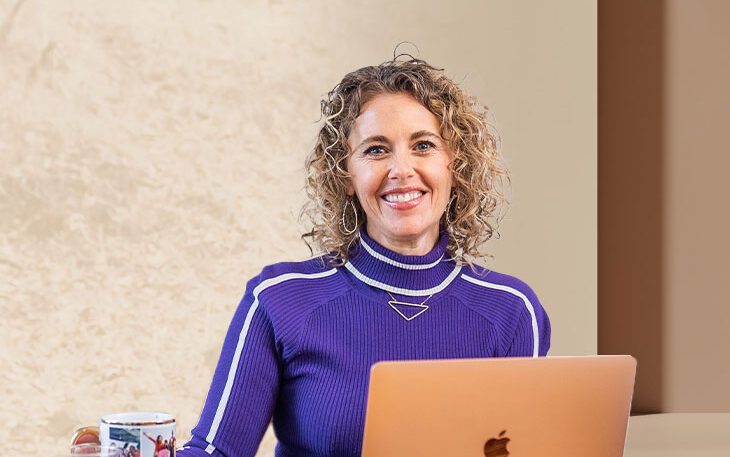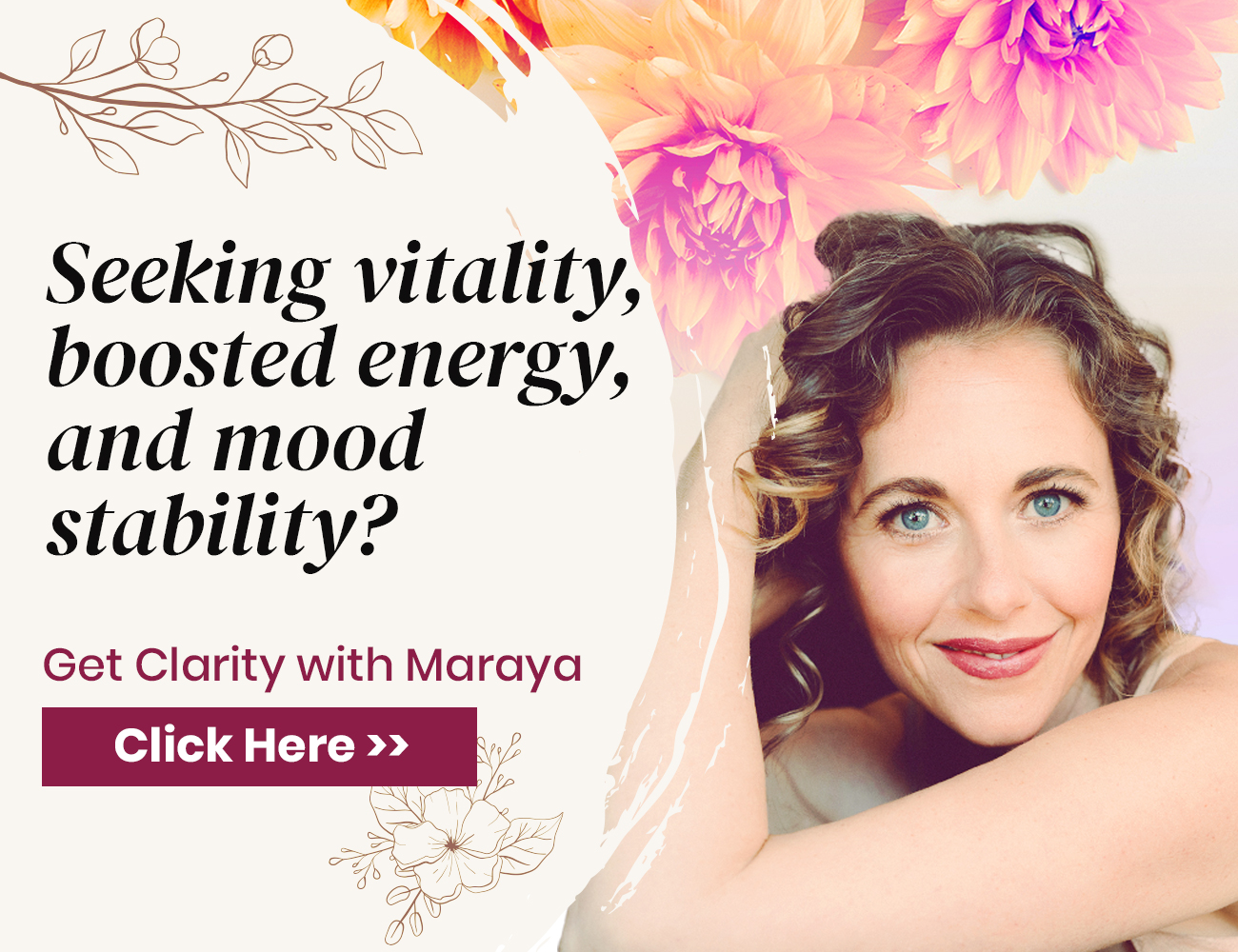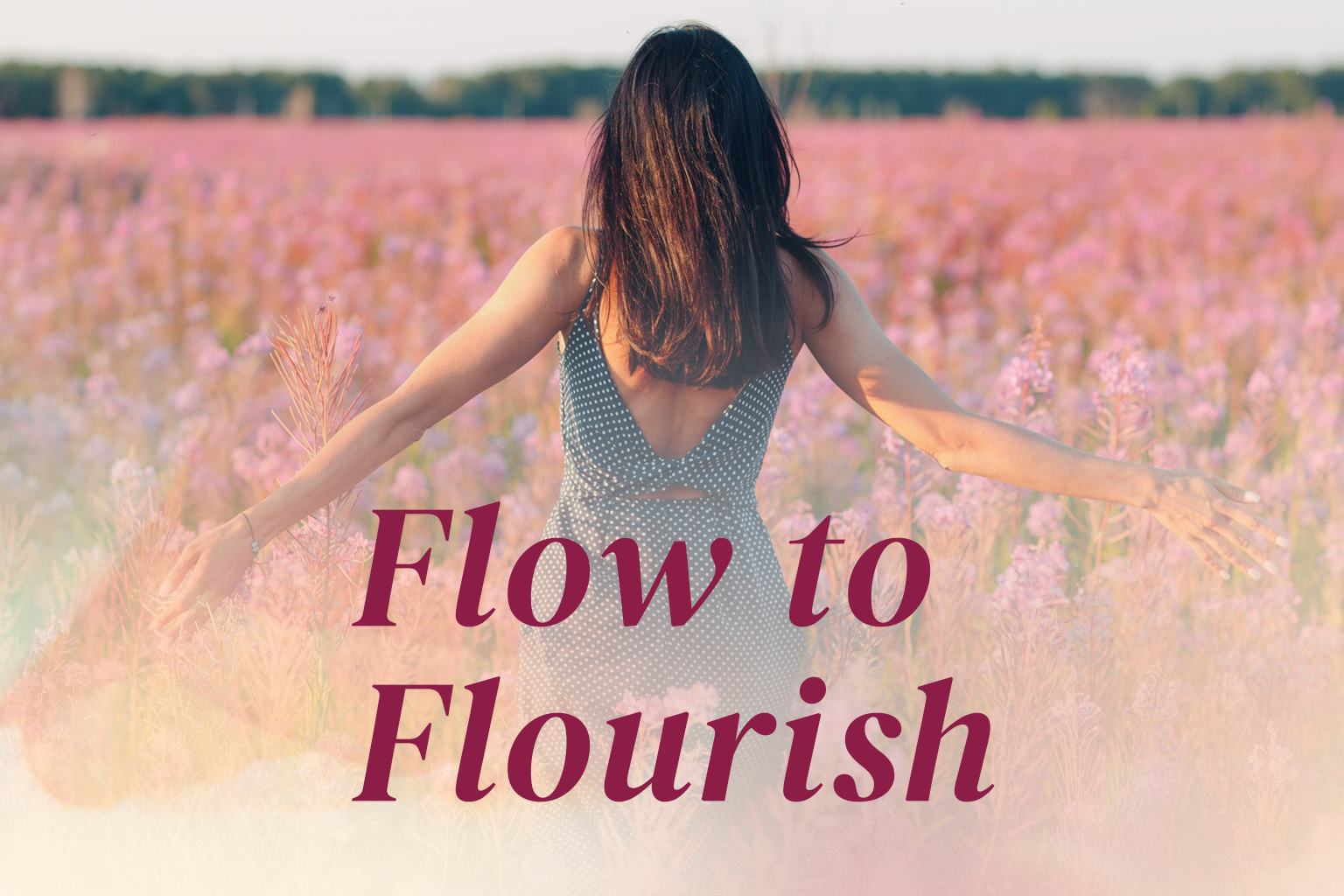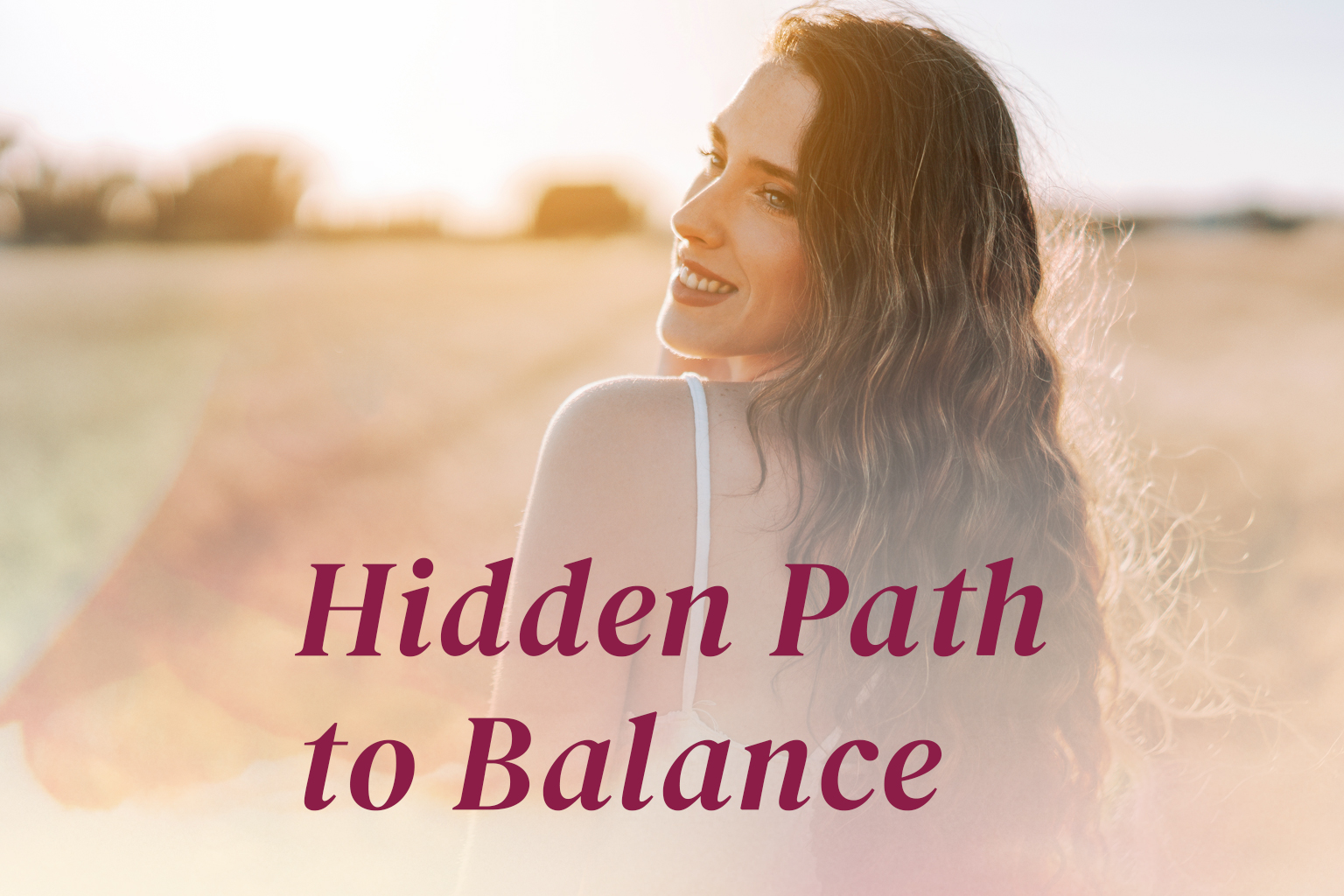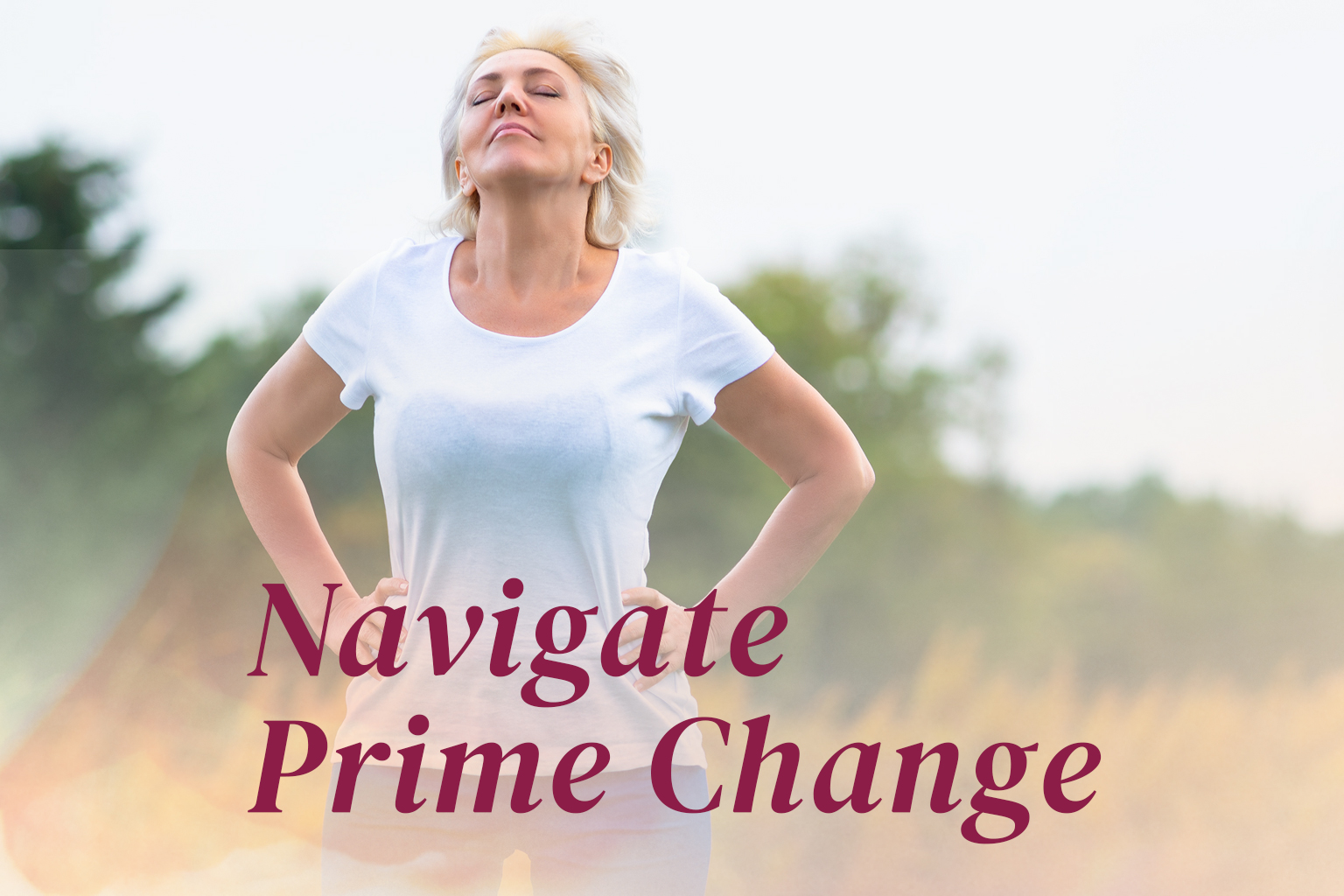The Zen Buddhist monk Suzuki Roshi has a quote ,
“The most important thing to remember is the most important thing.“
It often brings a chuckle and as ironic as it is, most of us can relate to the amnesia that has us forgetting what matters most in our lives; what we care most deeply about, especially as we go about tending the endless brushfires and chaotic movements of modern life- often accompanied by a sense of urgency that is more a sign of a riled up nervous system and less about the importance of the thing in front of us.
Forgetting the most important thing is what has us more anxious and depressed and lonely than ever before.
Running on empty, overwhelm (and that previously mentioned riled up nervous system) is not leading us towards greater contentment nor is it leading us towards greater efficacy in our lives.
So…here is where practice comes in; stopping everything, several times a day, welcomes you back to the only place you ever really are: right here. You can stop and take a breath, smell a rose, imagine smelling a rose. You can look up and make eye contact with a stranger, you can put your hand on your heart and breathe, you can do 2 sun salutations or 5 jumping jacks.
A practice is anything that takes you out of past or future thinking and gives you a few seconds of connection to yourself, your body, to this moment.
Remembering that simple things touch us deeply with practice- breath by breath and pause by pause.
I am a practice advocate. I know both via the experience of teaching practices for many years and via the massive amount of research that correlates consistent practice and increased well being, that small actions done often and over time, change us, change our brains, change how we manage stress, show up in the world, and give and receive compassion, care and love.
At this potent moment in time, when shifting out of what may not be working well in our lives and into what does work–it’s New Year’s Resolution season, I want to offer you a formula I have developed for helping people succeed in developing a personal practice.
While I suggest that practice become a lifestyle and that “forever” be the timeline, it is useful to have some markers to work with as you are starting.
One of my favorite researchers and neuroscientists, Dr Amishi Jha has studied the impact of meditation and contemplative practices on the brain for over 20 years and her research has shown that as little as 12 minutes a day for 8 weeks will change many aspects of brain function, reduce stress, and increase the subject’s general sense of well being. This is great news for those of us who are goal oriented and need to experience results relatively quickly.
OK, so here’s the formula: 3×6=18
1st I am recommending 18 minutes a day of practice while letting you know that 12 minutes is enough. Setting your goal, still in an achievable zone, but beyond the bare minimum sets some solid ground beneath you as you begin–if you can’t do all the minutes some days, you still fall within the necessary parameters for rewiring your brain and nervous system.
2nd Break your practices up like this;
6 minutes in silence—call it meditation, call it stillness, call it thinking without doing, call it just breathing…all of this counts, as long as you are bringing presence to the action—this cannot be done while driving or cooking for example.
6 minutes of embodiment practice; move, walk, dance, do some yoga, do some stretching, even stay still but attend to the sensations in your body.
6 minutes broken up into 1 minute or 30 second increments—set your phone alarm for 6-12 times a day–when the alarm goes off, take a full breath and pause for a few seconds, place your hand on your heart and breathe, look at something beautiful, take any kind of pause that will return yourself to HERE.
It’s important to know that practice is cumulative—and practice sometimes stirs the pot of discomfort—sometimes the nagging or cruel voices that rise through the silence seem almost unbearable. Know that as your attention on other things-your breath, what is beautiful, what is right in life-strengthens, those voices will settle down. Practice is a lot about learning what to pay attention to—and life gets sweeter and more rich when we begin to hear the other voices; the voices of wisdom, of spontaneity, of humor—those voices are easily buried under the loudest ones, which tend to be the ones you have attended to the most.
What we attend to is who we become. Learning to place our attention on small, meaningful things will bring more meaning and peace to our lives.
This is why I say, practice is the most important thing.
Do you have 18 minutes a day to devote to your own health and happiness? I hope so.
*In case you would benefit from some extra support in this arena, my newest program, Wake Up Calls, is an offering to empower anyone anywhere to give themselves the gift of practice in community through taking a few minutes 2x a week to still the mind, anchor into the body, and connect to life exactly as it is.
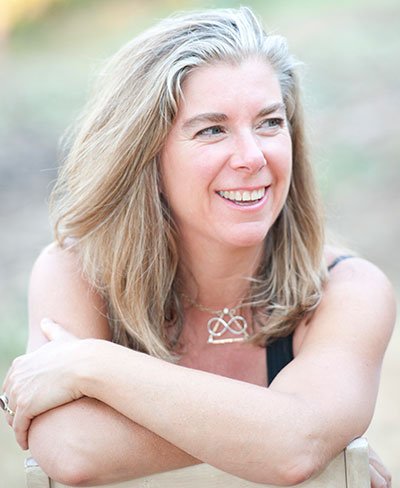
Lexi is a mother to two beautiful children, has been married for over 20 years, and lives and works on a blossoming biodynamic permaculture farm in Ashland, Oregon. She is a passionate advocate of human potential and evolution in these challenging, tender, and seemingly urgent times. Sign up for Lexi’s monthly newsletter which includes a free practice every month at lexidelgado.com.

